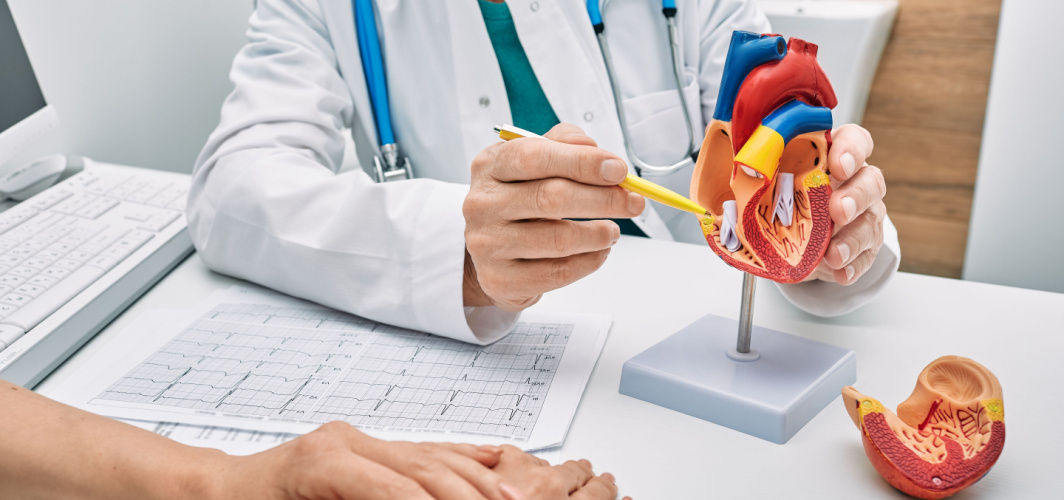Heart Conditions
What Does Climbing the Stairs Tell about Your Heart Health?
4 min read
By Apollo 24/7, Published on - 07 January 2021, Updated on - 07 March 2023
Share this article
0
8 likes

About the study
Findings of the study
- Participants who took 40 to 45 seconds to climb the stairs obtained over 9 to 10 metabolic equivalents (METs). According to earlier studies, people who achieve 10 METs during the physical activity test have a low mortality rate (i.e equal to or less than 1% per year).
- Participants who climbed the stairs in 90 seconds or more garnered less than 8 METs. According to researchers, this can be expressed as a mortality rate of 2% to 4% per year.
- 58% of the participants who climbed the stairs in over 90 seconds had abnormal heart function during the treadmill test.
- Only 32% of the participants who took 60 seconds or less to climb the stairs had abnormal heart function during the treadmill test.
Effective and proven ways to improve heart health
- Maintain a healthy weight
- Engage in regular physical activity (aim for at least 30 minutes of moderate physical activity or exercise per day)
- Drink plenty of water and other hydrating fluids
- Eat a healthy and balanced diet
- Avoid high calorie and processed foods
- Avoid intake of sweetened or sugary beverages
- Reduce the intake of salt
- Significantly cut down the intake of alcoholic beverages
- Quit smoking
- Manage stress and get enough sleep
- Adhere to medication routines
Conclusion
To ensure overall health and screen common health conditions on time, you can get the Special Health Package test done from Apollo 24/7.
Heart Conditions
Leave Comment
Recommended for you

Heart Conditions
Have You Heard About Broken Heart Syndrome?
Read how a broken heart can adversely affect your physical and mental well being.

Heart Conditions
The Coffee & Heart Connection: Is It Good or Bad?
There may be numerous benefits of drinking coffee but like everything else, it too comes with some side effects and risks. This article highlights the benefits and side effects of coffee on your heart.

Heart Conditions
7 Signs You Need To Visit A Cardiologist
Don’t know whether or not you should see a cardiologist? Well, keeping an eye out for certain signs of heart problems is the best way of maintaining good cardiac health.
Subscribe
Sign up for our free Health Library Daily Newsletter
Get doctor-approved health tips, news, and more.
Visual Stories

7 Tips to Manage Hypertension
Tap to continue exploring
Recommended for you

Heart Conditions
Have You Heard About Broken Heart Syndrome?
Read how a broken heart can adversely affect your physical and mental well being.

Heart Conditions
The Coffee & Heart Connection: Is It Good or Bad?
There may be numerous benefits of drinking coffee but like everything else, it too comes with some side effects and risks. This article highlights the benefits and side effects of coffee on your heart.

Heart Conditions
7 Signs You Need To Visit A Cardiologist
Don’t know whether or not you should see a cardiologist? Well, keeping an eye out for certain signs of heart problems is the best way of maintaining good cardiac health.